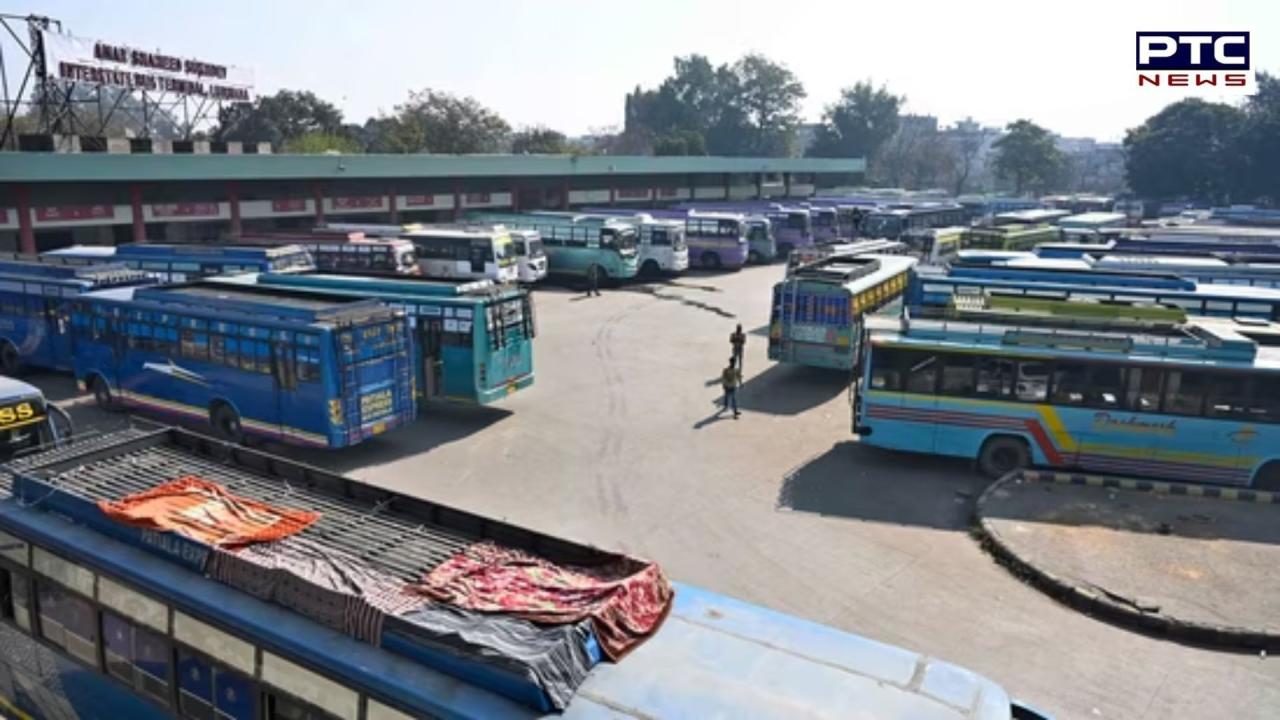Bharat bandh today: Dalit and adivasi groups announce nationwide strike: Key demands in 10 points
Among other things, demands include guaranteeing the preservation of reservation rights. Government buildings and emergency services should continue to operate.

Bharat bandh today: Organisations representing Dalits and Adivasis have called for a "Bharat Bandh," or nonviolent strike, on Wednesday in order to emphasise their demands for more participation of marginalized people in the workforce and in the educational system as well as for the safeguarding of their constitutional rights.
The proposal for a Bharat bandh coincides with the debate over lateral admission for central public services, as well as the recent ruling by the Supreme Court about the sub-categorization of quotas for groups known as Scheduled Castes (SCs) and Scheduled Tribes (STs).
On August 1, Chief Justice of India DY Chandrachud's seven-judge bench decided by a 6:1 majority that states may continue to further subclassify Scheduled Castes and Scheduled Tribes in order to provide quotas for further backward castes within these groups.
Jitendra Singh, the minister for the department of people and training (DoPT), wrote to the chairman of the UPSC on August 20th, requesting the withdrawal of the lateral entry advertising for 45 positions at the joint secretary, director, and deputy secretary levels. Rahul Gandhi, the leader of the opposition in the Lok Sabha, claimed that the action violated the reservation rights of the SC/ST and Other Backward Classes (OBCs).
Bharat bandh today: Here's all you need to know
- The National Confederation of Dalit and Adivasi Organisations (NACDAOR) has called for a Bharat Bandh today, protesting against a recent Supreme Court verdict that they argue undermines the court's earlier ruling in the landmark Indira Sawhney case, which established the framework for reservations in India.
- NACDAOR has released a detailed list of demands, urging the government to ensure social justice and equitable representation for Dalit, Adivasi, and Other Backward Class (OBC) communities in employment and education.
- A key demand is for the government to reject the Supreme Court’s recent judgment and to enact a new central law that would be protected from judicial review by placing it under the Ninth Schedule of the Constitution. However, it's important to note that the Supreme Court has previously ruled that even laws under the Ninth Schedule are not immune from judicial scrutiny.
- Additionally, NACDAOR has called for the immediate release of caste-based data on Scheduled Caste (SC), Scheduled Tribe (ST), and OBC employees in government services. This data, they argue, is crucial for ensuring accurate representation of these communities in public sector jobs. The group has also urged the government to release data on the caste-wise representation of these groups in public services, to better assess their participation and representation.
- Another significant demand is the filling of all backlog vacancies in central and state government departments, as well as public sector undertakings. NACDAOR has also stressed the need for affirmative action policies in the private sector, particularly for companies that benefit from government subsidies or investments.
- Political parties such as the Jharkhand Mukti Morcha (JMM), Congress, and Rashtriya Janata Dal (RJD) have extended their support to the Bharat Bandh. Left-wing parties have also backed the strike, indicating widespread political support for the movement. While there has been no official announcement, it is anticipated that public services may be disrupted in states governed by these parties.
- Despite the bandh, essential services such as hospitals, ambulances, and other medical facilities are expected to remain operational. There has been no official word on whether banks, government offices, or educational institutions will close in response to the strike.
- NACDAOR has called for peaceful participation from all OBC, SC, and ST groups, encouraging them to join the bandh in large numbers to make their voices heard on this critical issue of social justice and representation.
Why is a nationwide protest being held today? Who called it, and other details
The decision by the Supreme Court to remove the "creamy layer" from the SC/ST quota has caused controversy and prompted this protest. According to the report, police personnel around Rajasthan have been instructed to step up their deployment and work with local SC/ST groups to guarantee peaceful protests.
Police Commissioner Biju George Joseph of Jaipur has already opened communication with organisations that back the strike. In order to avert any possible confrontations or disturbances during the demonstration, the authorities are acting proactively.
This Bharat Bandh follows other recent rallies in India that exposed latent socio-political tensions throughout the nation, such as a local trade union uprising in Bathinda and statewide hospital strikes against violence against healthcare workers, according to the TOI report.
Numerous political and social organisations are anticipated to support the Bharat Bandh. Protesting the reserve ruling is the aim of the demonstration.
Ambulance services and public transportation are normally closed on these days, however emergency services like ambulances are open.
Police in Western Uttar Pradesh are on high alert because the region is thought to be especially sensitive. To protect the people during the protests, authorities are taking a number of steps.
Also Read: Bharat Bandh 2024: What to expect, whats closed on August 21, and everything you need to know
